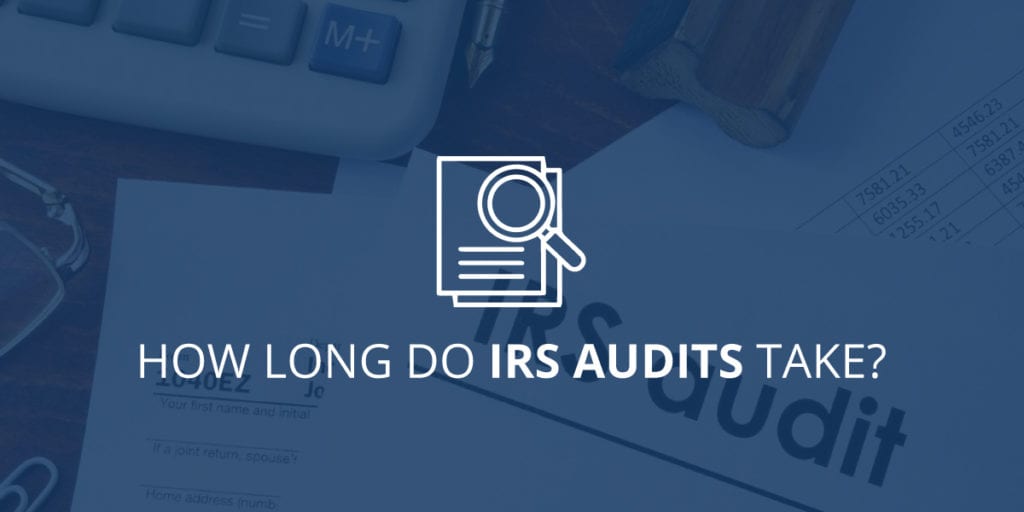
If you are being audited by the Internal Revenue Service (IRS), it makes sense to want to know how long the process will take. Unfortunately, the IRS itself does not provide much guidance. On its website, after asking, “How long does an audit take?” the IRS simply states:
“The length varies depending on the type of audit; the complexity of the issues; the availability of information requested; the availability of both parties for scheduling meetings; and your agreement or disagreement with the findings.”
In other words, “It depends.”
What Can You Expect During an IRS Audit?
Fortunately, there are other places we can look for guidance. As an absolute outer window, the IRS has three years to audit a return from the date it is filed or was due. This is based on the statute of limitations for assessing additional taxes based on filed returns. However, the Internal Revenue Manual, which serves as a guide for IRS auditors, states that all audits should be closed within 26 months (rather than 36 months) of the trigger date for the statute of limitations.
The type of audit you are facing is also a factor in determining how long the process is likely to take. There are three types of IRS audits of varying complexity and severity:
- IRS correspondence audits, which are conducted remotely and typically only require the submission of substantiating documentation;
- IRS office audits, which typically involve issues that are more complex than those raised in IRS correspondence audits and which require one or more in-person meetings with an IRS auditor; and,
- IRS field audits, which are the most invasive form of audit and can potentially involve multiple visits to your home or office from IRS auditors, in addition to ongoing communication between you (or your tax attorney) and the IRS.
As a practical matter, IRS correspondence audits can often be resolved in a matter of weeks or months, depending on how long it takes you to respond to the IRS (and how long it takes the IRS to respond to you). However, if there are issues beyond missing documentation, then the audit can become more involved and potentially last longer. With respect to office audits and field audits, you can generally expect the process to last up to a year, although this can potentially be much shorter, particularly if you hire an experienced tax attorney to correspond with the IRS on your behalf.
How Do You Know When Your IRS Audit is Over?
In addition to knowing how long the process is likely to take, it is also helpful to know how you can determine when the process is over. An IRS audit can potentially have one of three different outcomes:
- No change in your federal tax liability;
- An agreed change in our tax liability; or,
- Proposed additional tax liability which you dispute.
You will be notified of the outcome of your IRS audit in a Notice of Proposed Adjustment. If you disagree with the imposition of additional tax liability, then you can either request mediation or file an appeal.
While much of the audit process is dictated by the IRS, there are steps that you can take to make the process more efficient and steer it toward a favorable resolution. If you are facing an IRS audit and would like more information, we encourage you to contact us for a complimentary consultation.
Speak with a Southern California Tax Lawyer at RJS Law
Are you being audited by the IRS? To speak with an experienced federal tax lawyer at our offices in San Diego, Orange County, or Beverly Hills in confidence, please call 619-595-1655 or request an appointment online today.

Leave a Reply